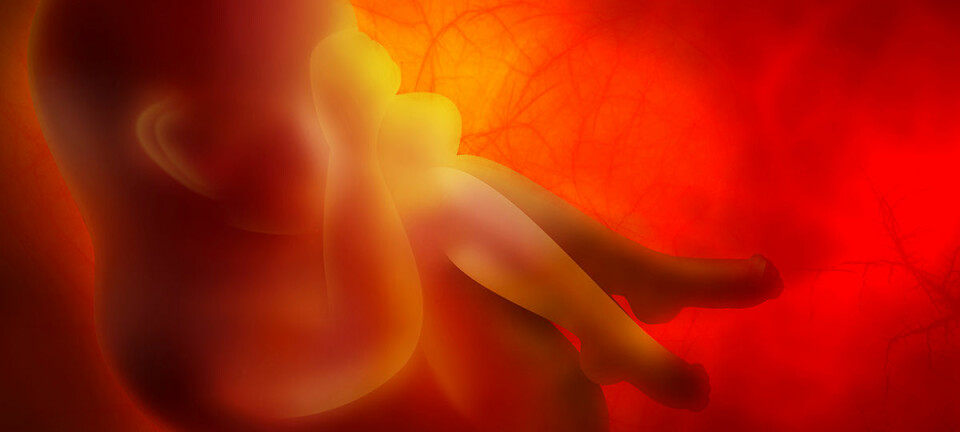
Study links autism with circumcision
A new study suggests that circumcision increases the risk of developing autism. Pain could be a possible reason for the connection, says scientist.
The circumcision of boys is controversial and hotly debated in many countries.
Advocates of circumcision point to cultural, religious, hygiene-related and medical reasons for the procedure, while opponents argue that it infringes on bodily rights and is a severe, painful assault on the individual which can lead to life-long physical and mental damage, with no relevant advantages to health.
A study now pours a little more oil on the flames.
According to the new study, which included 340,000 Danish boys, it looks as though circumcision increases the risk of developing autism.
It shows that there are twice as many Danish boys under age five with infantile autism among those circumcised compared to those who were not.
The study was conducted by Morten Frisch, consultant and senior investigator in epidemiological research at Statens Serum Institut and adjunct professor of sexual health epidemiology at Aalborg University, in collaboration with statistician Jacob Simonsen.
The study has been published in the Journal of the Royal Society of Medicine.
Causality remains unproven
The reason for the correolation between circumcision and autism is not clear. The study only points out that there is a connection.
According to Professor Frisch the association, if it can be confirmed by other studies, may be due to the intense pain some boys experience during circumcision.
The circumcision of a small boy is a severe intervention, in which the foreskin is first pulled free of the head of the penis, then cut off. Frisch explains that if the only anaesthesia applied is local, in the form of some EMLA magic cream, the pain will undoubtedly be intense.
"We don't have an explanation, but the small child's pain could be significant to the later development of autism," says Frisch.
Pain in newborns may be significant
According to Frisch, the study's findings give rise to a broader question regarding the significance of painful experiences:
"Other scientists have found that premature babies who start life in an intensive care unit and are subjected to a large number of painful examinations exhibit changes in pain behaviour later in childhood, which is often seen in children with autism. Our results call for more detailed examination of the possible significance of the children's autism risk when they are subjected to painful, traumatic experiences in their earliest childhood," says Frisch.
The scientific community calls for more data
Professor Carsten Obel from the Department of Public Health, Aarhus University, researches mental illness in children.
Obel agrees that the study appears to show a slight excess frequency of autism among circumcised boys.
He does, however, believe it is going a bit too far to conclude that autism should be caused by the pain caused by circumcision.
"The burning question is wether there is a causal relationship. In my opinion, there could easily be some other explanations for the connection found by the study," says Obel.
The professor points out that people who have their baby boys circumcised may differ from those who do not, and that these differences could relate to a predisposition to autism.
"Now that the suspicion has been raised we need to get to the bottom of it and determine for sure whether or not circumcision can be related to autism," says Obel.
-----------------------
Read the original story in Danish on Videnskab.dk
Translated by: Hugh Matthews








